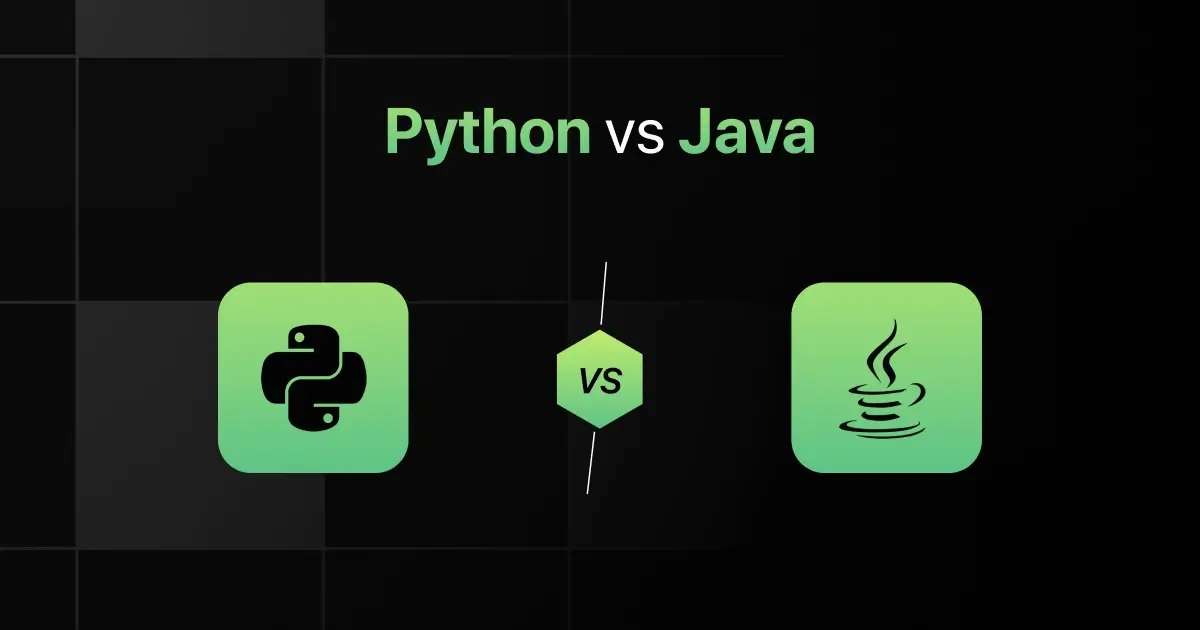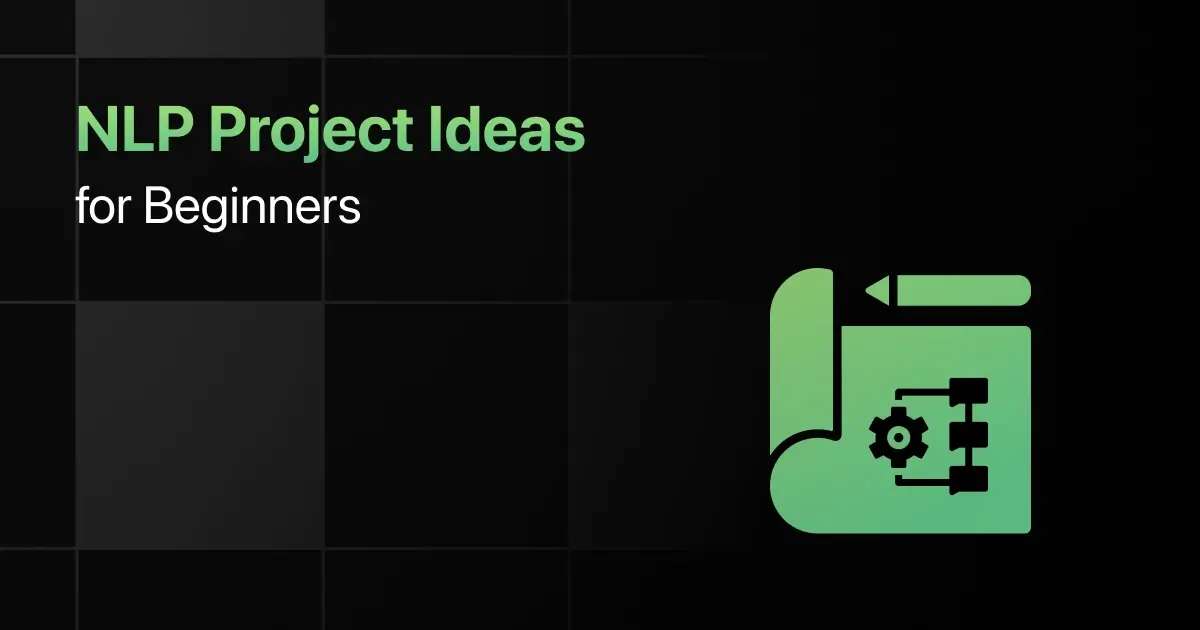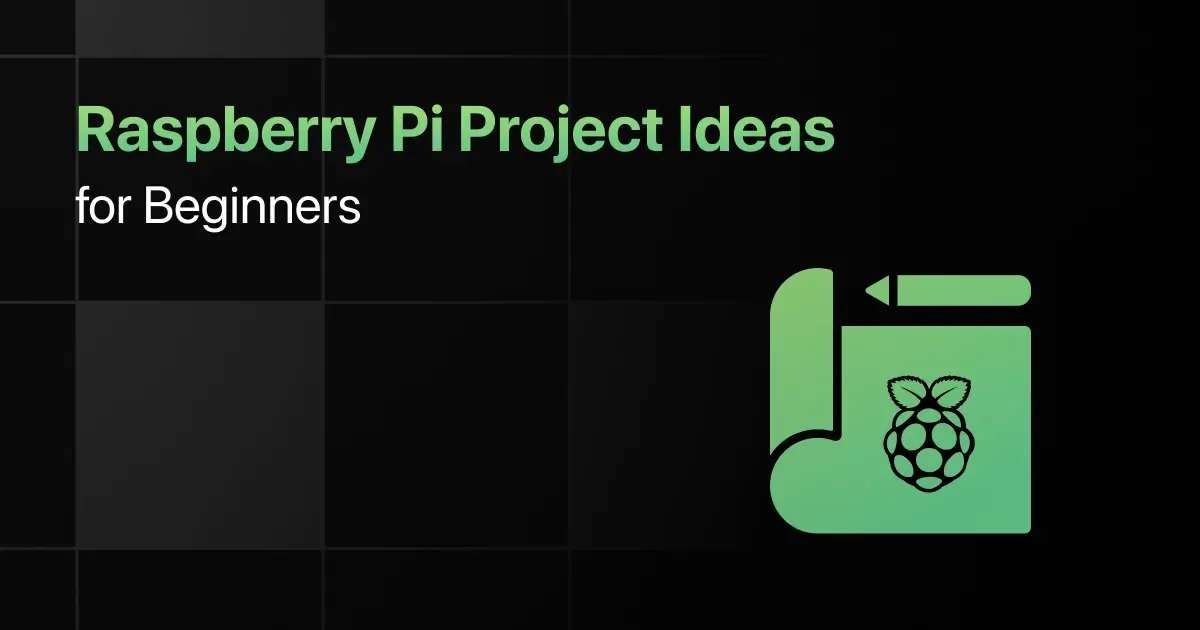Python vs Java: Key Differences

When comparing Java and Python, it’s important to look at what sets them apart. The discussion about Java vs Python or Python vs Java is common among programmers deciding which language to use for their projects.
The question of Java vs Python which is better? or Java vs Python which is best? depends on what you need for your specific project.
In this article let’s know the difference between Python vs Java.
Python vs Java: Understanding the Key Differences
To analyse Python vs Java you need to understand the design philosophy and the runtime environment.
The key difference between Python and Java is that Python is designed for simplicity and readability, making it ideal for beginners and use in rapid development scenarios such as web development and data analysis while Java emphasizes reliability and portability, which makes it suitable for large-scale enterprise environments and extensive use in mobile application development.
The following are other major differences between Python and Java:
| S. No. | Parameters | Python | Java |
|---|---|---|---|
| 1 | Developed By | Python Software Foundation | Sun Microsystems (now owned by Oracle) |
| 2 | Release Year | 1991 | 1995 |
| 3 | Paradigm | Object-oriented, procedural, functional | Object-oriented, structured, imperative |
| 4 | Syntax | Simple, easily readable | Verbose, strictly typed |
| 5 | Performance | Generally slower due to dynamic typing and interpretation | Typically faster due to static typing and compilation |
| 6 | Applications and Use Cases | Web development, data science, AI, automation | Enterprise applications, Android apps, large systems |
| 7 | Learning Curve | Easier for beginners | Steeper due to complex syntax and concepts |
| 8 | Libraries and Frameworks | Extensive libraries like NumPy, Pandas, Django | Comprehensive libraries like Spring, JavaFX |
| 9 | Platform Independence | High with Python interpreters available on major platforms | High, runs on any platform with a Java Virtual Machine |
| 10 | Concurrency and Multithreading | Uses global interpreter lock, less efficient at true multithreading | Native support for multithreading and concurrency |
| 11 | Tooling and IDE Support | Supports numerous IDEs like PyCharm, Jupyter | Extensive IDE support with Eclipse, IntelliJ IDEA |
| 12 | Memory Management | Automatic garbage collection | Automatic garbage collection, with manual control |
| 13 | Error Handling | Easier due to simpler syntax and exceptions | Strong error handling with try-catch blocks |
| 14 | Security | Adequate, but less focus than Java | Strong, with more robust security features |
| 15 | Scalability | Highly scalable with proper frameworks like Django | Designed for scalability, especially in enterprise level |
| 16 | Key Features | Dynamic typing, easy-to-learn syntax | Robust, secure, high-performance, portable |
| 17 | Integration with Other Technologies | Easily integrates with C, C++, web technologies | Integrates with a wide range of technologies |
| 18 | Community and Support | Large and growing community, lots of tutorials and forums | Extensive community, widespread industry use |
| 19 | Job Opportunities | Ample, especially in emerging tech sectors | Abundant, particularly in large enterprises |
| 20 | Future Prospects | Increasingly popular in data science and machine learning | Consistently strong in enterprise and mobile applications |
Python vs Java: Which One to Choose?
Choosing between Python and Java can be challenging, but by understanding their distinct advantages, you can make an informed decision.
Choose Python If:
- You are interested in roles such as data analyst, machine learning engineer, or software developer in industries like finance, healthcare, or technology due to Python’s strong presence in these fields.
- You want access to a vast range of libraries, frameworks, and tools that support web development, data analysis, artificial intelligence, and more.
You need a language that balances reasonable execution speed with excellent memory management, especially useful in scripting, automation, and data analysis tasks. - You prefer a programming environment that supports cross-platform compatibility, enabling development and deployment on multiple operating systems including Windows, macOS, and Linux.
- You are working on projects related to web development, artificial intelligence, scientific computing, or data visualization, as Python offers specialized libraries and frameworks for these applications.
Choose Java If:
- You aim to work as a backend developer, mobile app developer, or enterprise-level software engineer, particularly in large corporations and tech companies that rely on Java for its robustness.
- You seek a language with comprehensive libraries and frameworks, such as Spring and Hibernate, that is essential for enterprise and Android application development.
- You value a language known for its high execution speed, efficiency, and extensive memory management capabilities, making it ideal for high-load systems and large-scale applications.
- You need a universally compatible language that supports a wide range of platforms from enterprise servers to mobile operating systems through its Java Virtual Machine (JVM).
- You focus on developing large-scale enterprise systems, Android applications, and server-side technologies, where Java’s scalability and reliability are unparalleled.
Final Words
The main difference between Java and Python lies in their design and use. The main purpose of understanding Java vs Python difference is to choose the right tool for the job, depending on factors like the project’s size and how easy it is to maintain.
Explore More Python Resources
- Python Learning Websites
- Python Practicing Websites
- Python YouTube Channels
- Python Project Ideas
- Python Apps
- Python IDEs
- Python MCQ
Explore More Java Resources
- Java Learning Websites
- Java Practice Websites
- Java YouTube Channels
- Java Project Ideas
- Java Apps
- Java IDEs
- Java MCQ
Explore More Comparisons
FAQs
The key differences between Python and Java are:
- Python is dynamically typed, while Java is statically typed.
- Python uses indentation for code blocks, while Java uses curly braces.
- Python is interpreted, while Java is compiled.
- Python has automatic memory management, while Java requires manual memory management.
Java is better for large-scale enterprise applications, whereas Python is favored for its simplicity and versatility.
Java is faster than Python due to its compiled nature and static typing.
The primary use cases for Python and Java are:
- Python: Data analysis, web development, artificial intelligence, automation.
- Java: Enterprise software development, Android app development, web applications, big data processing.
Python is typically considered easier to learn for beginners due to its simple syntax and readability.
Yes, both Python and Java can run on different platforms.
Yes, you can develop mobile apps using both Python and Java.
Both Python and Java have strong job prospects. Python is highly sought after in fields like data science, machine learning, and web development, while Java remains a staple in enterprise software development and Android app development.
Related Posts



Golang Interview Questions
Are you preparing for your first Golang interview and wondering what questions you might face? Understanding the key Golang interview questions …
Warning: Undefined variable $post_id in /var/www/wordpress/wp-content/themes/placementpreparation/template-parts/popup-zenlite.php on line 1050









